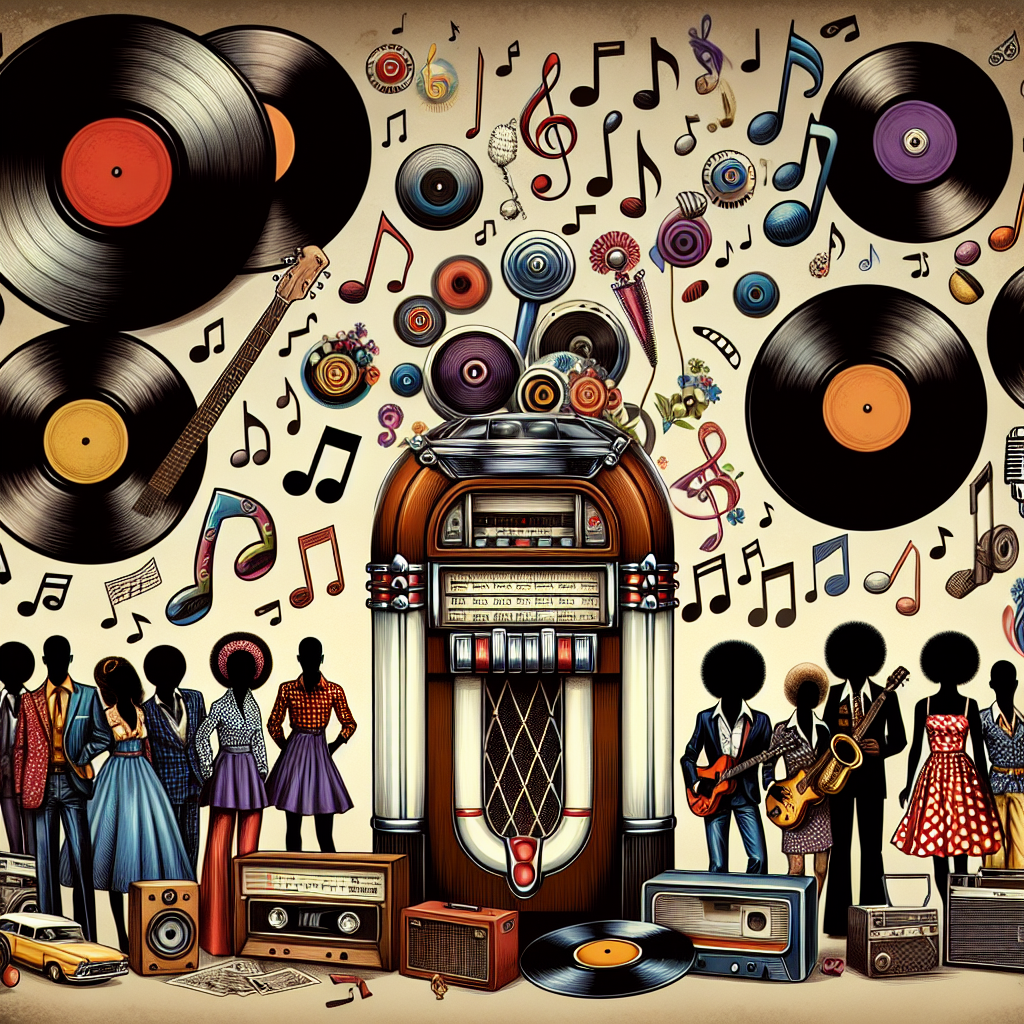Protest songs have long been a powerful tool for expressing dissent and advocating for social change. Throughout history, music has played a crucial role in reflecting the cultural and political movements of the time. From the civil rights movement to anti-war protests, musicians have used their platform to speak out against injustice and inspire action.
Music has the unique ability to transcend language barriers and connect with people on an emotional level. It can evoke strong emotions and ignite passion in listeners, making it a powerful medium for spreading messages of resistance and solidarity. In times of social upheaval, artists have often turned to music as a means of expressing their frustrations and calling for change.
During the 1960s, protest songs became synonymous with the civil rights movement and anti-war protests. Artists such as Bob Dylan, Joan Baez, and Pete Seeger used their music to challenge the status quo and advocate for equality and justice. Songs like “Blowin’ in the Wind” and “We Shall Overcome” became anthems for those fighting against discrimination and oppression.
Politicians also took notice of the power of music in shaping public opinion. Campaign rallies began featuring popular songs to energize supporters and convey a sense of unity. Music became an integral part of political campaigns, helping candidates connect with voters on a personal level.
Music has also influenced fashion trends, with musicians often serving as style icons for their fans. The rebellious spirit of rock ‘n’ roll in the 1950s led to a shift towards more casual attire, while the psychedelic sounds of the 1960s inspired bold patterns and vibrant colors. Musicians like David Bowie and Madonna pushed boundaries with their fashion choices, encouraging fans to embrace individuality and self-expression.
Advancements in technology have further amplified the impact of protest songs on political movements. The rise of social media has allowed artists to reach a global audience instantly, spreading their message far beyond traditional borders. Platforms like YouTube and Spotify have made it easier than ever for musicians to share their music with millions of listeners around the world.
Despite facing challenges along the way, protest songs continue to be a vital form of expression for those seeking social change. As we look towards the future, it is clear that music will play an important role in shaping our cultural landscape and driving political movements forward.
In conclusion, protest songs have served as a powerful force for social change throughout history. Music has the ability to unite people from all walks of life and inspire them to take action against injustice. As we move forward into an increasingly interconnected world, it is essential that we continue to support artists who use their platform to advocate for positive change through their music.


Get involved!
Comments